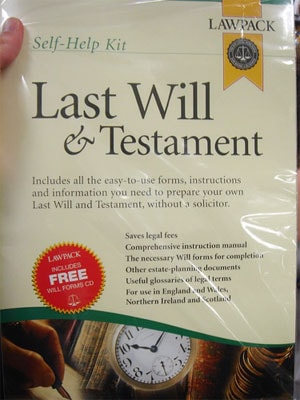
Dying without a Will is called dying “intestate.” What this means is that your intentions as to who inherits your assets, who administers your estate, and who acts as guardians for any young children are determined by the Commonwealth of Massachusetts.
 Millions of people are affected by some form of dementia. Unfortunately, many dementia patients don’t have all their estate planning affairs in order before the symptoms begin to appear. This is another good reason to speak with an elder law attorney now, rather than putting off such a discussion.
Millions of people are affected by some form of dementia. Unfortunately, many dementia patients don’t have all their estate planning affairs in order before the symptoms begin to appear. This is another good reason to speak with an elder law attorney now, rather than putting off such a discussion. After the passing of a loved one, a common question by one of the children is: Can I get paid executor fees? If you are appointed the executor, or personal representative (as it is called in Massachusetts), of a deceased loved one’s estate, you may face many challenges. There are a number of duties for which you will be responsible, including gathering and securing the deceased’s assets and household belongings, paying debts and taxes, filing court paperwork, and making distributions to beneficiaries. The process can be time-consuming, complex, and emotionally draining. Even when everything runs smoothly, questions are likely to arise.
After the passing of a loved one, a common question by one of the children is: Can I get paid executor fees? If you are appointed the executor, or personal representative (as it is called in Massachusetts), of a deceased loved one’s estate, you may face many challenges. There are a number of duties for which you will be responsible, including gathering and securing the deceased’s assets and household belongings, paying debts and taxes, filing court paperwork, and making distributions to beneficiaries. The process can be time-consuming, complex, and emotionally draining. Even when everything runs smoothly, questions are likely to arise.
 A growing number of websites now allow people to plug in information about themselves and create a “do it yourself will”. But doing so can be very dangerous and can lead to big problems, according to an independent
A growing number of websites now allow people to plug in information about themselves and create a “do it yourself will”. But doing so can be very dangerous and can lead to big problems, according to an independent 

